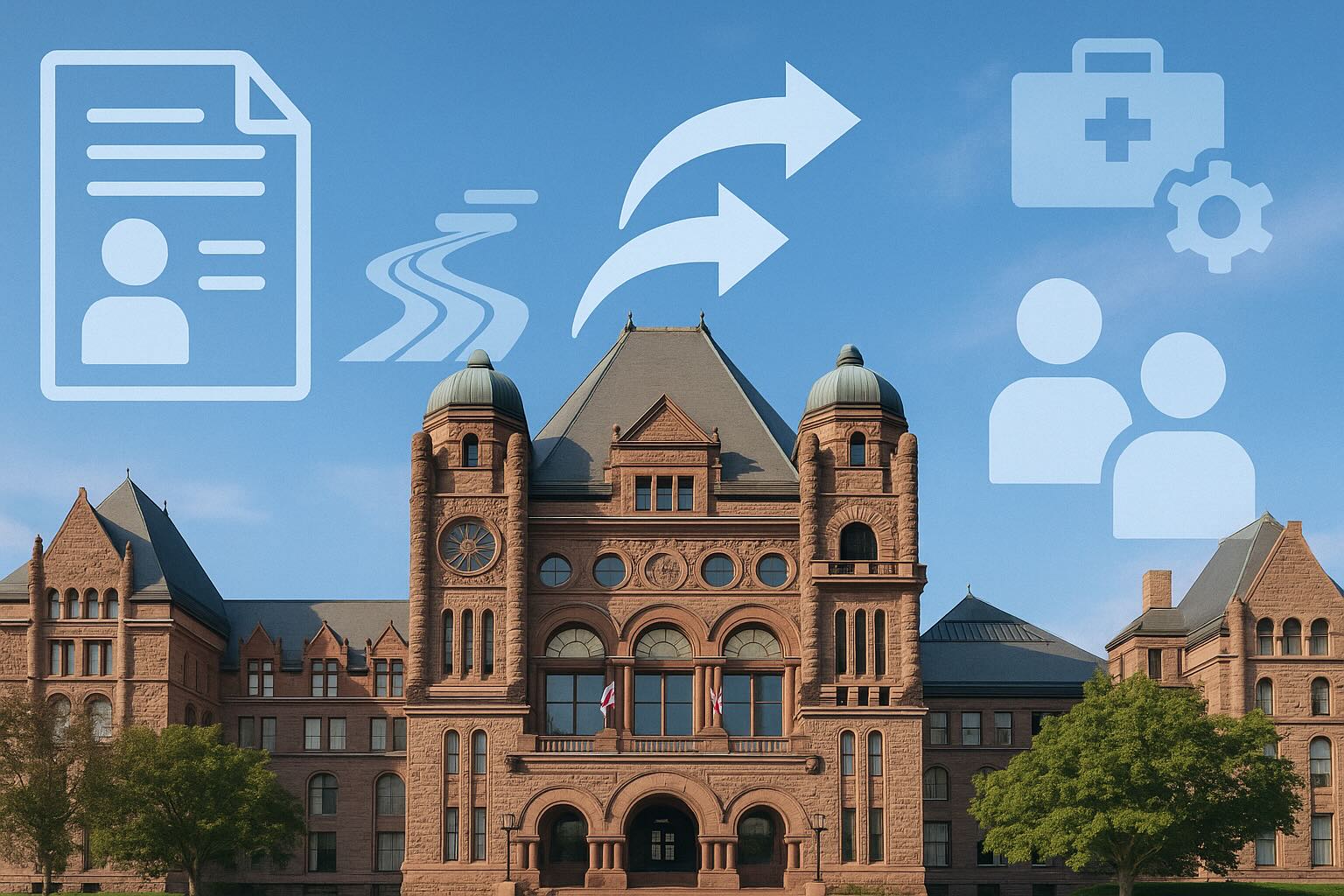With adjustments to Canada’s Post-Graduation Work Permit (PGWP) policies, some international graduates may no longer qualify for this program. However, this does not mean they lack opportunities to continue working in Canada. In fact, Canada offers various work permit pathways to help graduates maintain legal work status.
Below is a summary of suitable work permit options and their basic requirements.
Major Work Permit Options
1. Work Permits Under Free Trade Agreements (FTAs)
Through the International Mobility Program (IMP), Canada offers work permits to foreign nationals from countries with free trade agreements (FTAs) with Canada. Agreements like CUSMA (Canada-United States-Mexico Agreement) allow eligible citizens to obtain work permits without requiring a Labour Market Impact Assessment (LMIA). Applicants must meet the specific conditions outlined in the agreement.
2. International Experience Canada (IEC) Work Permits
This option is available for applicants aged 35 or younger (30 in some countries) whose home countries have signed Youth Mobility Agreements with Canada. The IEC program includes three categories:
- Working Holiday Visa: No employer restrictions, offering high flexibility.
- Young Professionals Visa: Requires a job offer aligned with career development.
- International Co-op Visa: For internship opportunities related to academic programs.
This option is particularly suitable for young people seeking short-term experience. Countries and regions with bilateral agreements include:
Hong Kong, Taiwan, Andorra, Australia, Austria, Belgium, Chile, Costa Rica, Croatia, Czech Republic, Denmark, Estonia, Finland, France, Germany, Greece, Iceland, Ireland, Italy, Japan, Latvia, Lithuania, Luxembourg, Mexico, Netherlands, New Zealand, Norway, Poland, Portugal, San Marino, Slovakia, Slovenia, South Korea, Spain, Sweden, Switzerland, Ukraine, and the United Kingdom.
3. Work Permits Under the Temporary Foreign Worker Program (TFWP)
The TFWP requires employer support, including a positive or neutral Labour Market Impact Assessment (LMIA) from Employment and Social Development Canada (ESDC). The LMIA demonstrates that hiring foreign workers will not negatively affect the Canadian labor market. Certain roles, such as those under the Global Talent Stream, benefit from expedited processing and relaxed advertising requirements.
Note: TFWP work permits are employer-specific (closed permits), allowing employment only with the designated employer.
As of September 26, 2024, ESDC has paused processing LMIA applications for low-wage positions in areas with unemployment rates exceeding 6%.
4. Work Permits Under the Atlantic Immigration Program (AIP)
This program offers employer-supported work permits in addition to being a pathway to permanent residence. Applicants need a job offer from an employer in one of Canada’s Atlantic provinces, along with meeting requirements for language proficiency, education, and work experience. Employers must also obtain provincial approval for the job offer.
Canada’s Atlantic provinces include:
- New Brunswick
- Newfoundland and Labrador
- Nova Scotia
- Prince Edward Island (PEI)
5. Work Permits for Nominees or Candidates Under the Provincial Nominee Program (PNP)
Certain Provincial Nominee Programs (PNPs) provide support letters for employer-specific work permits. For example, the British Columbia PNP (BC PNP) issues work permit support letters to nominees.
Since August 11, 2024, Canada introduced a temporary public policy allowing provinces to offer work permits to PNP candidates. The following provinces and territories have adopted this policy:
- Alberta
- Manitoba
- Yukon
Applicants must obtain a support letter from the province or territory in addition to meeting other requirements to qualify for this work permit. This temporary public policy will expire on December 31, 2024, but the federal government may revoke it at any time.
6. Open Work Permits for Spouses of International Students
Based on a spouse’s study permit:
If your spouse holds a Canadian study permit and is enrolled in an eligible program, you may apply for an open work permit. Eligible programs include:
- Master’s or doctoral programs lasting at least 16 months.
- Professional degree programs, such as:
- Doctor of Dental Surgery (DDS, DMD)
- Bachelor or Juris Doctor of Law (LLB, JD, BCL)
- Doctor of Medicine (MD)
- Doctor of Optometry (OD)
- Pharmacy (PharmD, BS, BSc, BPharm)
- Doctor of Veterinary Medicine (DVM)
- Bachelor of Science in Nursing (BScN, BSN)
- Bachelor of Education (BEd)
- Bachelor of Engineering (BEng, BE, BASc)
Applicants must provide proof of their spouse’s enrollment and their relationship.
Based on family sponsorship:
If your spouse is a Canadian citizen or permanent resident who has submitted a family sponsorship application for you, and you legally reside in Canada, you can apply for an open work permit.
Recommendations for Selecting the Right Work Permit
1. Evaluate Your Qualifications:
Choose pathways based on your nationality, age, educational background, language proficiency, and work experience. For example, FTA work permits are favorable for applicants from agreement countries, while TFWP suits graduates with employer support in Canada.
2. Plan and Prepare Ahead:
Programs like IEC require a quota-based draw system, so early application increases your chances. Similarly, TFWP and AIP require employer participation, making early communication with employers essential.
3. Seek Professional Advice:
Each work permit has its own complex requirements and processes. In light of evolving policies, consulting an immigration professional can ensure a smooth application process.
Conclusion
Regardless of the pathway chosen, international graduates should align their decisions with personal development goals and specific conditions. By leveraging these options strategically, you can continue to achieve career growth and personal development in Canada.









